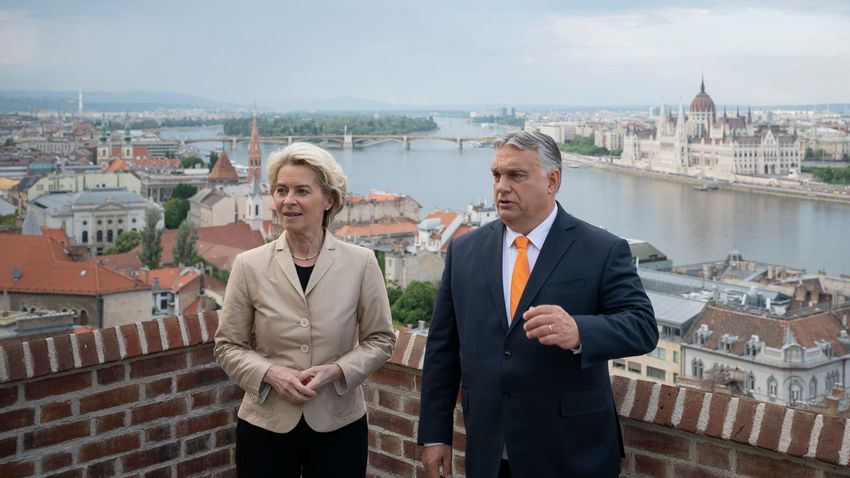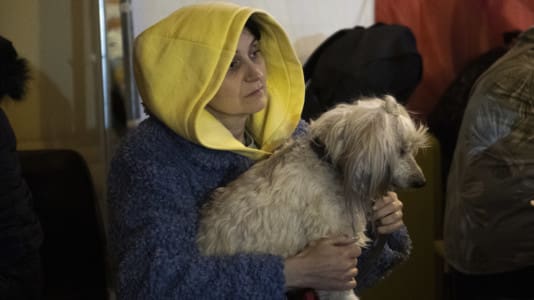The European Council should remove the topic of energy sanctions on Russia from the agenda of its next meeting, urged Hungarian Prime Minister Viktor Orbán in a letter to the council president, Charles Michel.
In the letter, Orbán said any discussion around enacting sanctions would be “counter-productive.”
“I am convinced that in the absence of a consensus, a leader-level discussion of the sanctions package would be countre-productive,” Orbán wrote in the letter. “It would only highlight our internal divisions without offering a real chance to solve the differences.”
“In our response to Russia’s aggression in Ukraine, our unity has so far been our unity. In this spirit, we supported the adoption of the previous five sanctions packages and worked with the committee to find a solution to our problems with the 6th sanctions package. We are committed to pursuing the negotiations with a pragmatic and results-oriented approach,” he wrote.
However, he stated that Hungary was not in a position to accept the 6th sanctions package until the negotiations managed to find a solution to all the key issues. Solutions must precede sanctions, he wrote.
In his letter, Viktor Orbán wrote he believes that given the weight of the issues still facing Europe, a comprehensive solution is unlikely to be reached before the extraordinary European Council summit scheduled for May 30-31.
“Due to our geographical location, it is not possible for Hungary to phase out Russian oil without a complete overhaul of our refining capacity, which will also require increased and accelerated investment in our energy infrastructure and a rapid green transition,” Orbán wrote.
He also pointed out that, as most investments could not be financed on a market basis, sanctions would require the reallocation of national resources towards redundant fossil investments, while the EU funds allocated to the country would be available “on paper only”.





